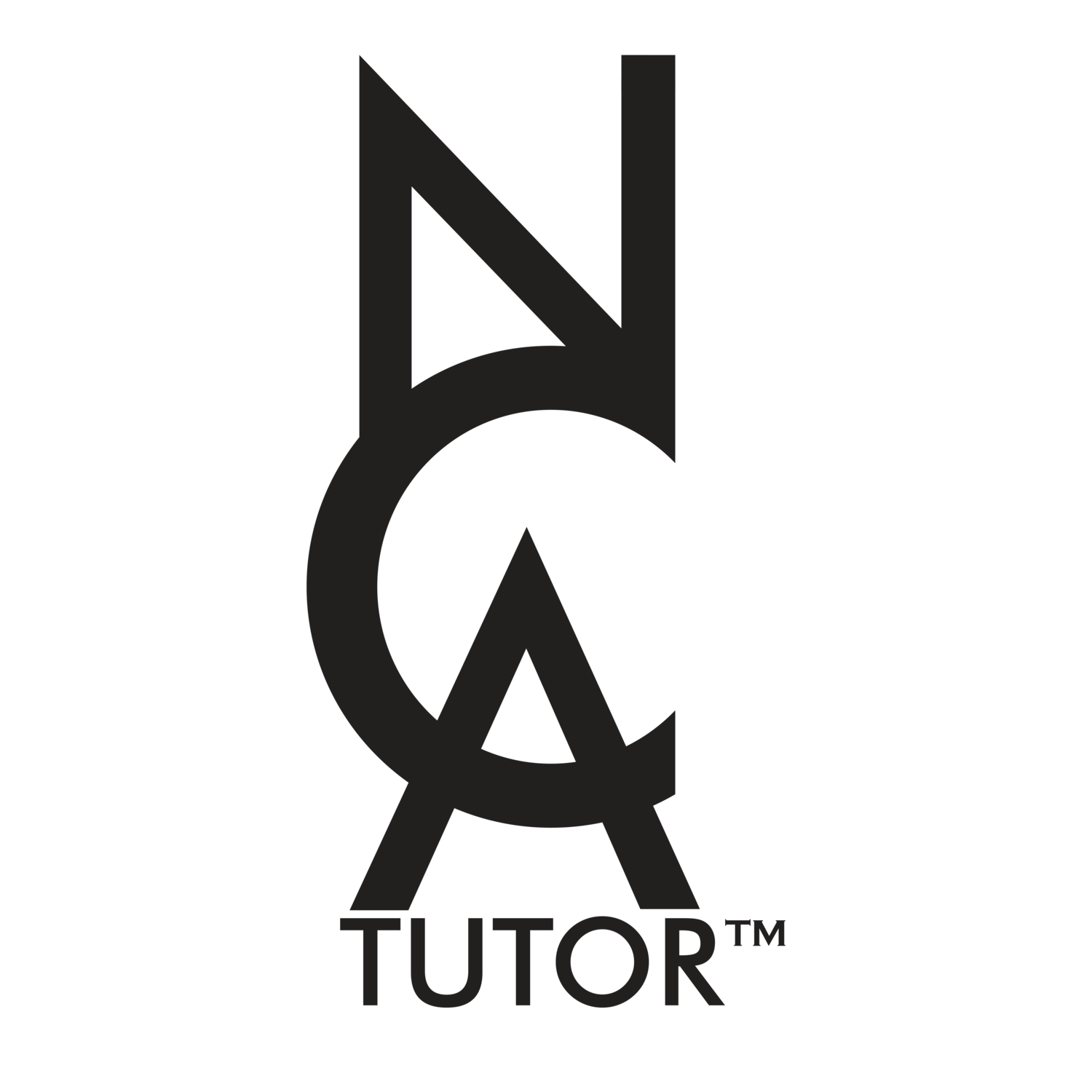I'm a foreign lawyer and want to practice in Canada. Where do I begin?
"Hi Liran, I saw your post on South African Attorneys Emigrating. My you please post the step by step procedure that is required to be followed by foreign attorneys in order to convert to a barrister or solicitor in Canada. Also which states require conversion and which not. Your assistance will be much appreciated."
10 Provinces - 10 licensing processes
Thank you for the question. Canada has ten provinces. Each province has its own legislation that enables the creation of various law societies whose function is to regulate the entry and practice of law. Every province will have different rules on entry to the profession.
Before you begin the licensing process in the province you wish to immigrate to, you need to obtain a “Certificate of Qualification”
There is an overarching body called the Federation of Law Society of Canada (FLSC) and the individual law societies have delegated power to the FLSC to create national standards for legal education. This body has a standing committee called the National Committee on Accreditation (NCA) that is responsible for assessing your foreign qualifications and for issuing what is called a "Certificate of Qualification". That certificate will enable you to start the licensing process in whichever province you wish to immigrate to. (except for the province of Quebec. Quebec's body of private law is civil law, not common law. You'll need to apply directly to the Barreau du Quebec for certification in that province). The purpose of the Certificate is to demonstrate that you have knowledge of Canadian law similar to a student who graduated from a Canadian law school.
How do you obtain a Certificate of Qualification?
You first need to submit your application to the NCA for an assessment. There is a fee you must pay to the NCA to obtain your assessment (as of writing, the fee is $350 + applicable taxes). The NCA will then advise you what assignments you need to complete to obtain a certificate of qualification.
The minimum assignments the NCA can require you to undertake is 5 exams. (Canadian Constitutional Law, Canadian Criminal Law, Foundations of Canadian Law, Professional Responsibility, Canadian Administrative Law). These exams are held 4 times a year and are self-study and open book. You are permitted to bring your textbooks and/or notes with you. The exams are not difficult and you only need a grade of 50% or above to clear them. Some people choose to write all 5 exams at once, others like to split up their assignments and write them over several exam sittings. Its entirely up to you. You have 5 years to complete those assignments from the date you receive your assessment. You can ask for an extension in extenuating circumstances. You may choose to complete your assignments through a Canadian law school either through a single course enrolment or through an LLM program. You will need to obtain approval from the NCA prior to embarking on any of these two options.
Once you complete all of your NCA assignments and you are issued your "Certificate of Qualification", you are essentially at the same starting point as a Canadian law school graduate who now has to apply to the provincial bar to start the licensing process. The licensing process on average takes about a year to complete. Some provinces require experiential training. Others require you to take a combination of online and in-person courses. Certain provinces allow you to waive your experiential training if you have prior legal experience.
Below are some helpful resources to get you started:
The NCA has a helpful page setting out the process I’ve explained above.
We have a Facebook page that you can follow to obtain updates directly from us.
We also have an interactive facebook group where you can post questions and obtain answers from other candidates going through the process.
